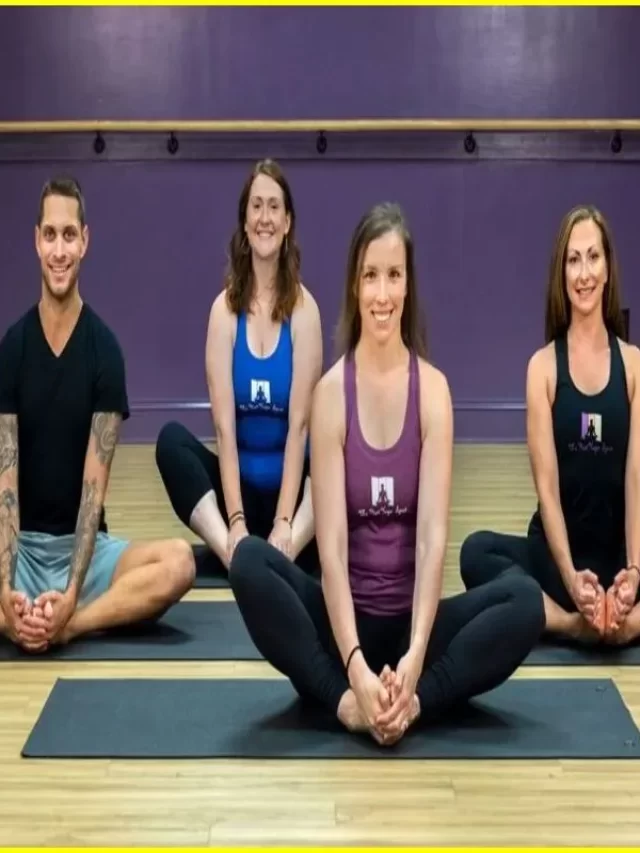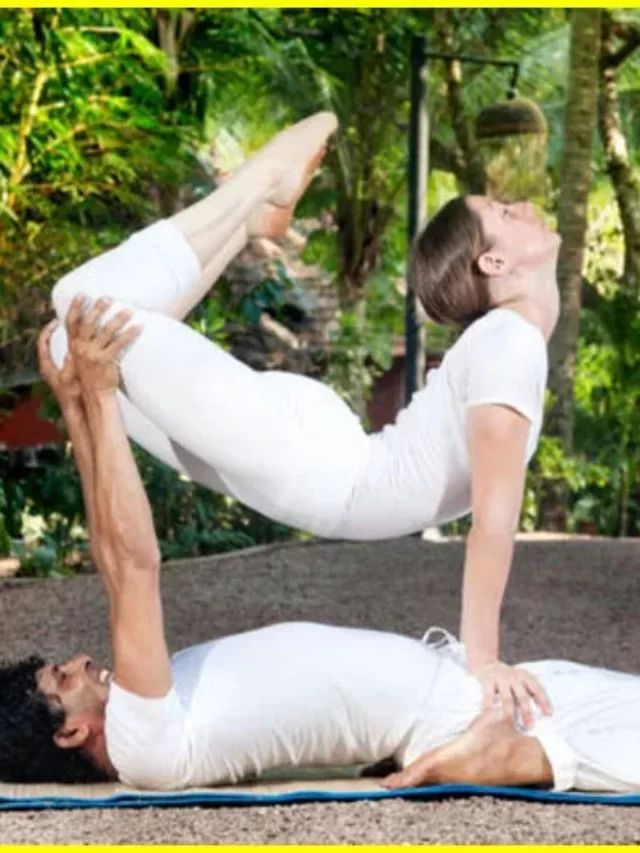
How to Do a forearm plank Best Techniques, Benefits, Variations 23
How to Do a forearm plank
The forearm plank is a great exercise to strengthen your core, back and shoulders, while also improving your posture. It can be done anywhere, anytime, and doesn’t require any equipment. If you’re new to the forearm plank, start by holding the position for 20-30 seconds.
As you get stronger, you can increase the time to 1-2 minutes. To make the exercise more challenging, try adding some variations. In this blog post, we’ll explore how to do a forearm plank, the benefits of this exercise, and some variations to make it more challenging.
Forearm Plank
Forearm planks are a great way to work your core, as well as your upper body. There are many benefits to doing forearm planks, including better posture and less back pain. Additionally, the forearm plank can help improve your balance and coordination.
To do forearm planks, start by lying on your stomach with your forearms parallel to each other and palms flat on the floor. Next, lift yourself up onto your toes so that only your forearms and toes are touching the ground. Make sure to keep your body in a straight line from your head to your heels and hold this position for 30 seconds to 1 minute.
If you want to make this exercise more challenging, you can try some variation of the forearm plank. For example, you can try lifting one leg off the ground or holding one hand in front of the other. You can also try different plank positions, such as side plank or decline plank. No matter which variation you choose, make sure you maintain good form throughout the exercise.
The benefits of forearm plank are many. This exercise helps improve your posture, reduce back pain and strengthen your core muscles. Additionally, the forearm plank can help improve your balance and coordination. If you’re looking for a great way to work your entire body, the forearm plank is the exercise for you.
Article About:- Health & fitness
Article About:- Medical Technology
Article About:- IR News
Article About:- Sports
Forearm Plank Inchworm to Hip Dip
If you’re looking to add a new challenge to your forearm plank routine, the forerm plank inchworm to hip dip is a great option. This move not only tests your core strength and stability, but also challenges your balance and coordination.
Here’s how to do it: Start in a forearm position with your feet hip-width apart. From here, slowly walk your hands forward until you are in a push-up position. Then, without moving your legs, lower your hips so that they are below shoulder level. Reverse the move by taking your hands back to the starting position. Repeat for 10-12 reps.
Not only will this move help improve your overall strength and stability, but it’s also a great way to challenge your balance and coordination. If you’re looking for an added challenge, try adding a weight to one hand while performing the move.
Knee-to-Elbow Forearm Plank
The knee-to-elbow forearm plank is a great way to improve your core stability and strength. To perform this move, start in a forerm position with your elbows under your shoulders and your forerms parallel to each other. Then, lift your knee up to your elbow, keeping the rest of your body in a straight line. Hold for a count of two, and then change legs. Repeat for 10-20 reps.
This move can be challenging at first, but be sure to engage your abs and keep your back flat throughout the movement. If you need more of a challenge, you can try lifting both knees up to your elbows at the same time.
Forearm Plank Reach Out
Forerm Plank Reach Out is a great way to add an extra challenge to your forearm plank. To perform this variation, start in a forerm position with your elbows directly under your shoulders and your forearms parallel to each other. Keeping your core engaged, reach one arm as far out in front of you as possible without moving your hips or shoulders. Return to starting position and repeat on the other side.
To do forearm plank with leg lift, start in forearm plank position with your hands under your shoulders and your elbows directly under your shoulders. Engage your abs and lift one leg off the ground, keeping the knee straight. Hold for a breath and then bring the leg back to the starting position. Repeat on the other side.
Side Plank With Reach Through
Side plank with reach is a great way to challenge your balance while also working your obliques and shoulders. To perform this variation, start in a side plank position on your right side with your right elbow directly under your right shoulder and feet stacked on top of each other. Keeping your core engaged, reach your left arm through the space between your body and the floor, then return it back to the starting position. Complete all reps on one side before moving to the other side
Forearm Plank Muscles Worked
Forerm plank is a great way to strengthen your core, and it works muscles in your arms, shoulders, back, and legs. Here’s a breakdown of the muscles that are worked when you do a forerm plank:
- Arms: Forerm plank strengthens the muscles in your arms, including your biceps and triceps.
- Shoulders: This exercise also works your shoulder muscles, specifically the rotator cuff muscles.
- Back: As you hold the position, you engage your back muscles, including the erector spinae and latissimus dorsi.
- Legs: Your leg muscles, such as your quadriceps and hamstrings, work to keep your body stable in the position.



























